D'var Torah

Pinchas: Finding God in Moments of Despair
We find in our tradition that God dwells not in the destruction, but in the moment right before rebuilding.
more
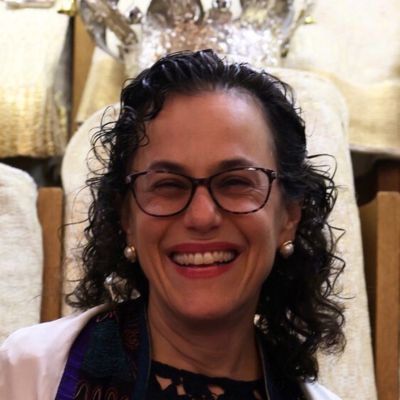
Chukat-Balak: Seeing Ourselves Through the Eyes of Others
I like to imagine that Balaam’s words changed us and shook us out of our complaining so that we could see ourselves in a fresh way.
more

Korach: Holding onto Hope for Korach
When we escalate from anger to contempt, to what 19th century philosopher Arthur Schopenhauer described as “the unsullied conviction of the worthlessness of another,” we move our gaze from a person’s actions to their individuality, their personhood.
more

Sh’lach-Lecha: One Small Step, One Giant Leap
...if we want the soil of our land to live up to our hopes for it, we must hold to our faith — whether that is in God, in the land itself, or, in our case, the conviction of the cause(s) we are working for — and believe that we will reap the fruits of our labor.
more
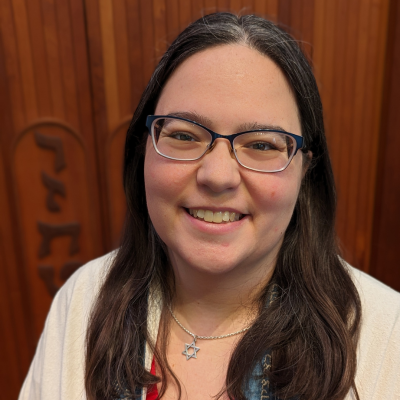
Beha’alotecha: Keeping the Fire Lit: Book Bans and Human Rights
The lights of the menorah in the Mishkan, and in the Temple, led to the ner tamid (eternal light) in our sanctuaries, and to our understanding that each one of us is a light too.
more
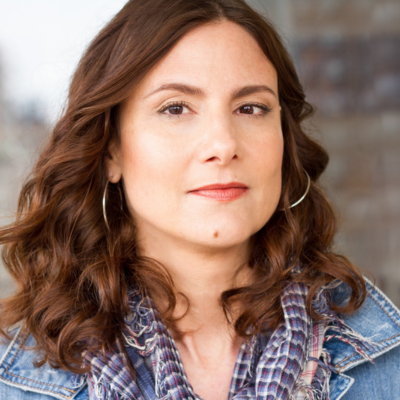
Naso: “And the Woman Shall Say: ‘Amen, Amen’”
...being in Israel over the last several months has shown me almost daily how easy it is to defile something that’s important to us because of zealotry and jealousy.
more

Shavuot: Revelation in Montgomery
We are called to elevate the difficult truths, and sometimes our complicity in them, in order to “lift them up” for tikkun — for fixing.
more
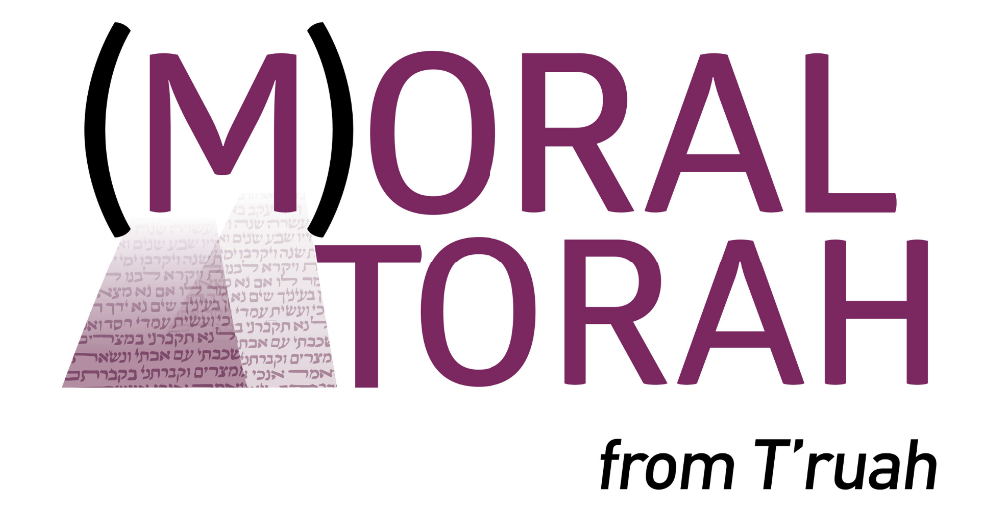
Shavuot 2023: A Sampling of (M)oral Torah
These 7 divrei Torah, one for each of the 7 weeks of the Omer that lead up to Shavuot, span the breadth of the entire Torah, from Genesis to Deuteronomy, and come from 7 exceptional T'ruah rabbis who lend their voices to the call for a more just and moral world.
more

Bamidbar: Finding God in the Wilderness
That the Torah addresses the concerns that civilization inevitably brings, along with awareness of the need for individuals to experience God in wilderness, seems to me a profound grappling with the needs both of human beings and of God’s non-human world.
more
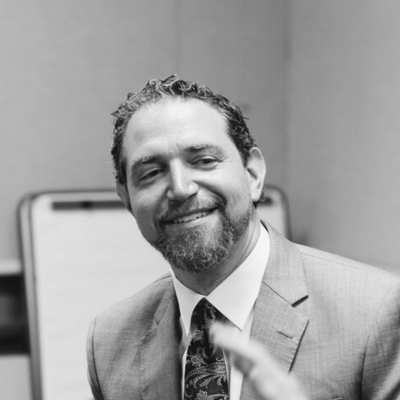
Behar-Bechukotai: Proclaiming Dror Throughout the Land
...modern American politics have alienated the word dror from the Jewish concept of liberty.
more
